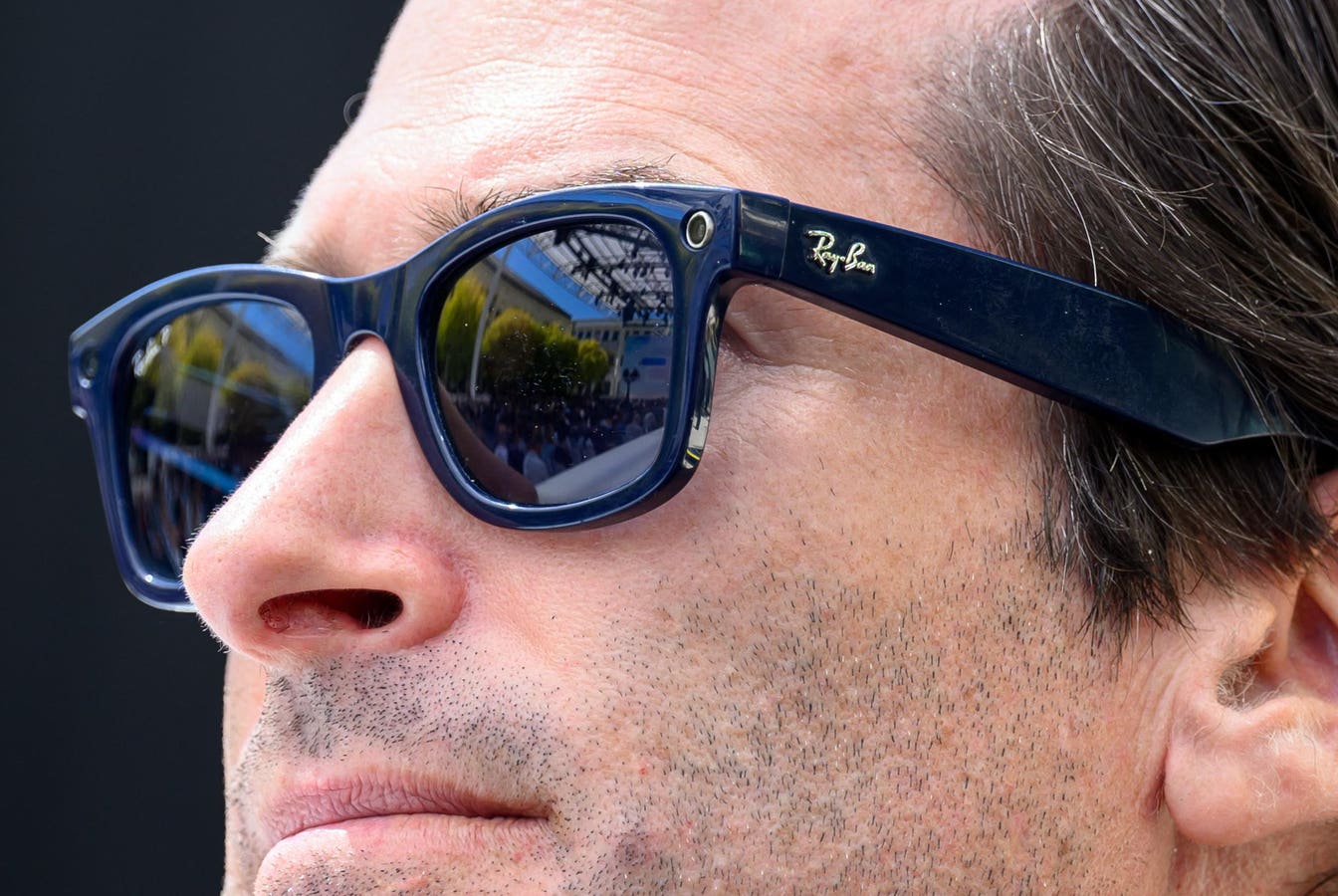The Wall Street Journal reports that Meta (owner of Facebook, Instagram and WhatsApp) is in talks to buy a $5 billion minority interest in EssilorLuxottica. EssilorLuxottica is the largest maker of eyewear in the world and the owner of many eyewear brands and retailers including Ray-Ban, LensCrafters and Pearle Vision in the U.S. If the deal happens, Meta would own about 5% of EssilorLuxottica.
EssilorLuxottica also announced its acquisition of Heidelberg Engineering, maker of imaging and healthcare machinery and technology, largely for the ophthalmic and eyecare markets worldwide.
Why Are These Deals Happening?
On the surface, the two transactions don’t relate to each other.
Meta and EssilorLuxottica have a relationship for the production of the Ray-Ban smart glasses. The glasses’ latest version gives consumers video, camera and bluetooth headset capability in a stylish eyewear frame with a cool brand on it.
The glasses are getting good reviews and traction in the market and it may be that putting technology into a cool package may be the unlock that Google Glass missed. Their success makes it sensible for the two companies to be further engaged and connected.
Heidelberg Engineering makes complex, sophisticated, expensive equipment that you may be exposed to if you’re examined in an ophthalmologist’s office. Buying Heidelberg makes EssilorLuxottica more entrenched in the industry where it is the established leader.
But very likely there’s more going on here than two discrete transactions, one about consumer products and the other about ophthalmic equipment. Whether EssilorLuxottica is planning it now or not, the two transactions together put it in a very good position to take advantage of what is likely the biggest opportunity in the eywear market today.
The Big Unlock
If you wear glasses, you know how much time it takes for you to get new eyewear. First, you need an examination to get your eyes refracted and get a new prescription. Then you have to go to a store and choose a lens and get it fitted to you. Very often after you get your lenses you have to go back to the store to get them re-fitted.
It doesn’t have to be this way.
What if you could get your eyewear online the same way you shop for so many other consumer products? The technology for the examination and the measurement exists. But because it’s a medical process, it requires approval from the FDA and has to meet a very high standard.
That will take time but numerous companies are working on it and it is definitely coming.
Like so much in new consumer services and technologies, change comes from outside the established industry leadership. These two deals may provide the exception.
EssilorLuxottica, Meta and Heidelberg Engineering haven’t said this. But their combination and association puts them in an ideal position to develop the technology for online prescription eyewear and implement it.
They have the savvy consumer marketing and knowledge about consumers in Meta, the brands and industry position for implementation in EssilorLuxottica and the engineering knowhow in Heidelberg Engineering.
If they fail at creating an effective way to sell prescription eyewear online, EssilorLuxottica’s retail network is as threatened as Barnes & Noble was when Amazon started selling books online. But if they do it successfully, they will be the exception to the many legacy retailers that failed to see change and left the opportunity for upstarts to take market share away from the established industry leaders.
Many years ago, Sears was the largest retailer in the world. Sears had everything it needed to become what Amazon is today. But today Amazon is close to becoming the world’s largest retailer and Sears is gone. We’ve seen that same story play out in different sectors of retail over and over in last several decades.
EssilorLuxottica hasn’t said whether they are going to use their relationships with these two companies to be able to sell prescription eyewear online. But if they succeed at creating and implementing the technology, they will continue to be the leader they are today. If they fail, then like so many other retail leaders, they will be overtaken by young, new companies that have a better way to make consumers’ lives easier, cheaper, faster and better.
Read the full article here





